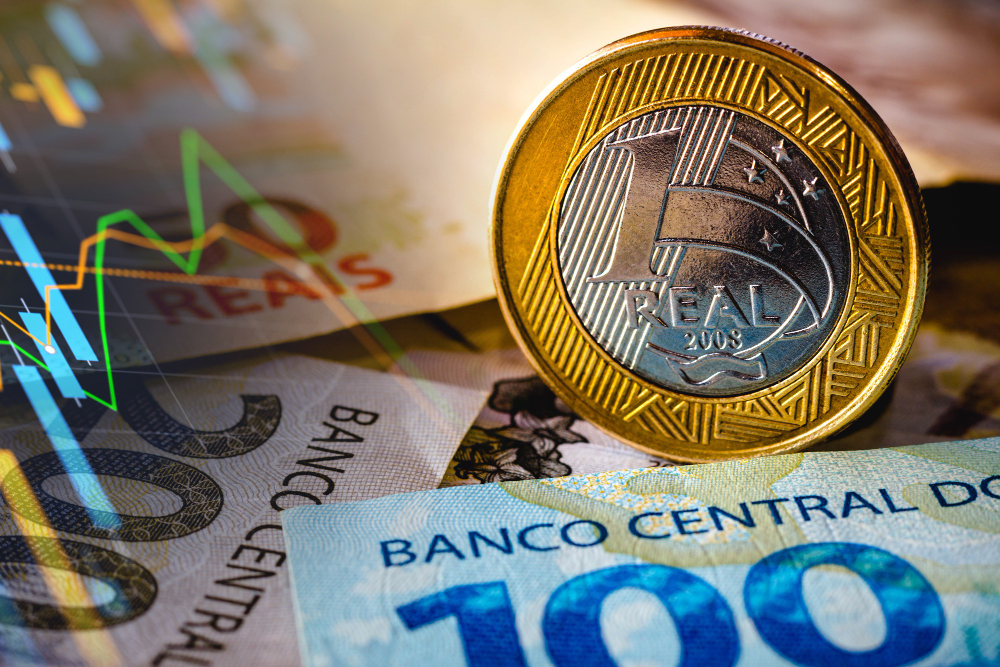With Brazil’s annual inflation rate hitting the central bank’s target, this achievement paves the way for potential future rate cuts.
On Wednesday, monetary policymakers are likely to apply a fourth consecutive reduction in financing costs.
Official data released on Tuesday showed consumer prices in November rose 4.68% from the previous year.
This figure slightly undercuts analysts’ expectations of a 4.7% increase. Monthly inflation was at 0.28%.
The central bank’s inflation target for the year stands at 3.25%. This target includes a tolerance range of ±1.5 percentage points.
Signs of economic slowdown in Brazil have influenced monetary policy. Policymakers are expected to reduce the benchmark Selic rate to 11.75% on Wednesday.
High borrowing costs, while initially controlling inflation, now impact growth forecasts.
Andrés Abadía, Chief Economist for Latin America at Pantheon Macroeconomics, notes to Bloomberg Linea ongoing deflation.

He attributes this to moderate economic activity and low commodity prices. He predicts year-end inflation to hover around 4.5%.
The central bank, led by Roberto Campos Neto, began policy easing in August. This change followed a reduction in annual inflation rates from near-record highs.
However, rising fuel costs raise concerns, particularly for President Luiz Inácio Lula da Silva’s administration.
Controlled inflation in early 2024
Bloomberg Economics suggests Wednesday’s policy meeting may maintain a 50 basis point relaxation rate.
November’s inflation drivers included a 0.63% rise in food and beverage costs and a 0.48% increase in housing prices. In contrast, communication services saw a 0.5% price drop.
Others believe this report indicates controlled inflation in early 2024. State-run Petroleo Brasileiro SA faces criticism over rising fuel prices, impacting airfares.
November saw a 19.12% increase in air ticket prices, marking a third month of significant hikes.
Despite typical seasonal fare increases, labor shortages and higher demand post-pandemic also contribute to rising costs.
Strong employment and a robust services sector have underpinned Brazil’s economy this year. However, growth is expected to slow in the months ahead.
Next year, the central bank aims for a 3% annual inflation rate, within a ±1.5 percentage point tolerance range.

